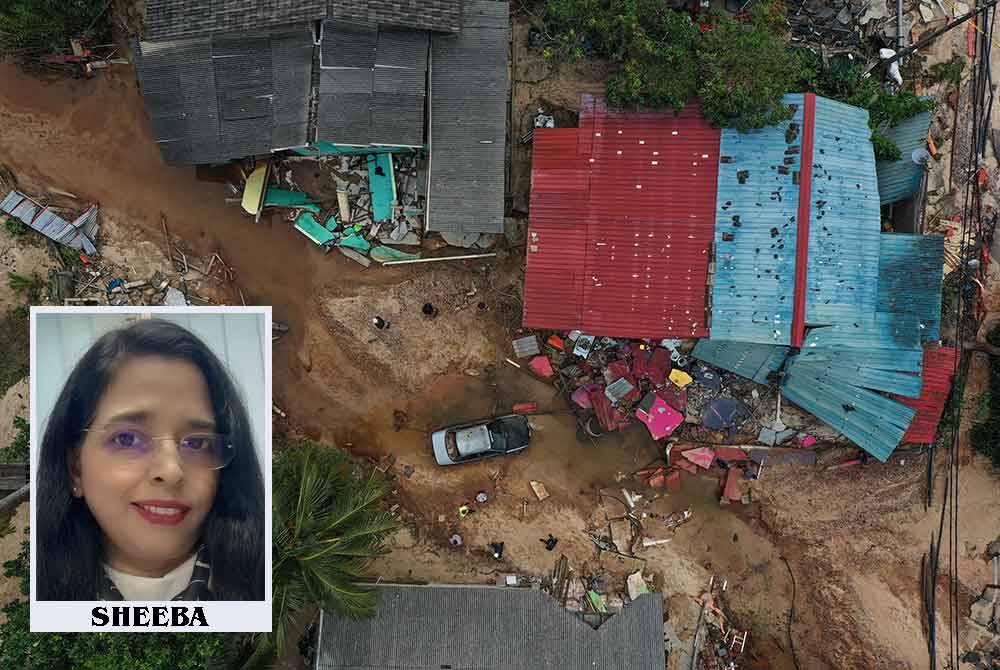Floods: Major risks without aggressive measures?
Flood prevention strategies should be developed based on strategic studies of flood control and computational models.

PUTRAJAYA - The nation faces significant risks, including ongoing economic sector losses if aggressive measures are not taken to address flooding during the Northeast Monsoon (MTL).
University of Malaya Geography Department senior lecturer Dr Sheeba Chenoli said that flood prevention strategies should be developed based on strategic studies of flood control and computational models.
"Heavy rainfall and flooding will remain an issue until the government acts by implementing adequate and practical long-term measures," she said.
She further explained that the displacement of thousands of flood victims would also adversely affect communities, particularly those with low incomes.
"The socioeconomic recovery process often takes much longer after the flood subsides," Sheeba said.
Additionally, she noted that floods could lead to soil erosion, sedimentation in rivers, and biodiversity loss in affected areas.
"It also hampers progress towards achieving Sustainable Development Goals (SDGs) such as climate resilience, poverty reduction and sustainable infrastructure development," she added.
Sinar reported on Tuesday that experts proposed 10 recommendations to address the country's flood disaster issues, especially during the monsoon season.
These include the construction of underground flood diversion tunnels, underground waterways and mega rainwater harvesting systems.
Elaborating further, Sheeba said the recommendations proposed by the experts are holistic and aligned with global best practices.
However, she clarified that their success depends on effective implementation, coordination between government and private agencies, as well as adequate funding.














